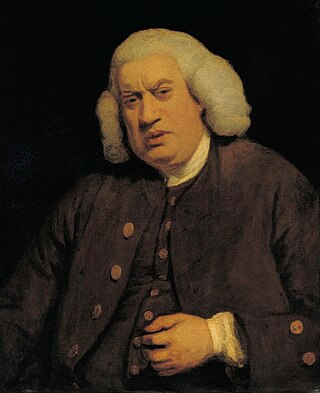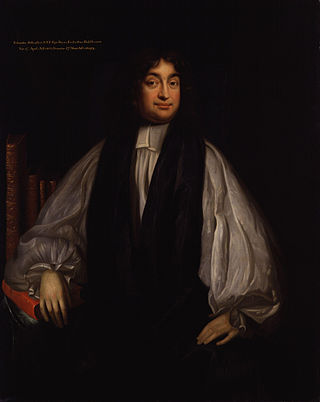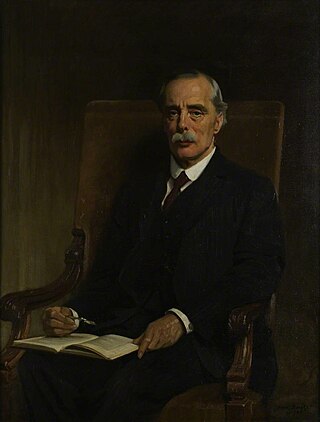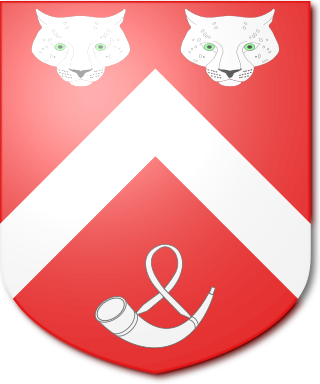Related Research Articles

Richard III was King of England from 26 June 1483 until his death in 1485. He was the last king of the Plantagenet dynasty and its cadet branch the House of York. His defeat and death at the Battle of Bosworth Field marked the end of the Middle Ages in England.

William Shakespeare was an English playwright, poet and actor. He is widely regarded as the greatest writer in the English language and the world's pre-eminent dramatist. He is often called England's national poet and the "Bard of Avon". His extant works, including collaborations, consist of some 39 plays, 154 sonnets, three long narrative poems and a few other verses, some of uncertain authorship. His plays have been translated into every major living language and are performed more often than those of any other playwright. Shakespeare remains arguably the most influential writer in the English language, and his works continue to be studied and reinterpreted.

Cymbeline, also known as The Tragedie of Cymbeline or Cymbeline, King of Britain, is a play by William Shakespeare set in Ancient Britain and based on legends that formed part of the Matter of Britain concerning the early historical Celtic British King Cunobeline. Although it is listed as a tragedy in the First Folio, modern critics often classify Cymbeline as a romance or even a comedy. Like Othello and The Winter's Tale, it deals with the themes of innocence and jealousy. While the precise date of composition remains unknown, the play was certainly produced as early as 1611.

Samuel Johnson, often called Dr Johnson, was an English writer who made lasting contributions as a poet, playwright, essayist, moralist, literary critic, sermonist, biographer, editor, and lexicographer. The Oxford Dictionary of National Biography calls him "arguably the most distinguished man of letters in English history".

The Gentleman's Magazine was a monthly magazine founded in London, England, by Edward Cave in January 1731. It ran uninterrupted for almost 200 years, until 1922. It was the first to use the term magazine for a periodical. Samuel Johnson's first regular employment as a writer was with The Gentleman's Magazine.

Edward Stillingfleet was a British Christian theologian and scholar. Considered an outstanding preacher as well as a strong polemical writer defending Anglicanism, Stillingfleet was known as "the beauty of holiness" for his good looks in the pulpit, and was called by John Hough "the ablest man of his time".

Stephen Umfreville Hay Murray was an English cinema, radio, theatre and television actor.
Philip of Cognac was an illegitimate son of King Richard I of England, by an unidentified mother.

Alfred William Pollard, FBA was an English bibliographer, widely credited for bringing a higher level of scholarly rigor to the study of Shakespearean texts.
Nationality words link to articles with information on the nation's poetry or literature.

Numerous cultural references to Hamlet reflect the continued influence of this play. Hamlet is one of the most popular of Shakespeare's plays, topping the list at the Royal Shakespeare Company since 1879, as of 2004.
Nationality words link to articles with information on the nation's poetry or literature.
Nationality words link to articles with information on the nation's poetry or literature.
Nationality words link to articles with information on the nation's poetry or literature.

Calverley Old Hall is a medieval manor house with Grade I listed building status situated at Calverley, West Yorkshire, England.

Richard Robert Madden was an Irish doctor, writer, abolitionist and historian of the United Irishmen. Madden took an active role in trying to impose anti-slavery rules in Jamaica on behalf of the British government.

Morocco–United Kingdom relations are the bilateral relations that exist between the Kingdom of Morocco and the United Kingdom.

There have been four baronetcies created for members of the Slingsby family who settled at Scriven Hall, Scriven, Knaresborough, Yorkshire in the 14th century.
Sir John Bonham was a mercer of the City of London, revered as one of the Nine Worthies of London by Richard Johnson in his 1592 biography of eminent citizens.
References
- ↑ McFarlane, K. B. (1 July 1981). England in the Fifteenth Century: Collected Essays. Bloomsbury Publishing. ISBN 9780826441911 – via Google Books.
- ↑ Gough, Richard (20 March 2014). Anecdotes of British Topography: Or, an Historical Account of What Has Been Done for Illustrating the Topographical Antiquities of Great Britain and Ireland. Cambridge University Press. ISBN 9781108064460 – via Google Books.
- ↑ "Contents of the Harleian Miscellany, with an Index: Comp. at the Free Public Library, Sydney, 1885". T. Richards, Government printer. 14 October 1813 – via Google Books.
- ↑ University, Stanford (14 October 1956). "Ashland studies in Shakespeare: a book of articles, bibliographies, prints, and drafts for projects, designed to be background material for lectures in the Renaissance Institute conducted in connection with the Oregon Shakespeare Festival of 1956" – via Google Books.